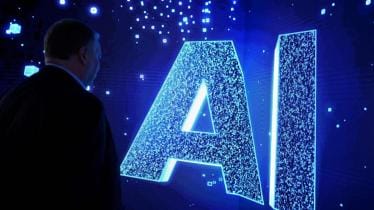In a recent comment on the importance of AI in the field of jobs, OpenAI’s VP of Engineering, Srinivas Narayanan has said that AI can make software engineers CEOs. The role of software engineers is undergoing a fundamental transformation, with artificial intelligence pushing them to adopt a strategic, “CEO-like” mindset, said Narayanan, at the IIT Madras Alumni Association’s Sangam 2025 conference.
Narayanan emphasised that AI will increasingly handle the “how” of execution, freeing engineers to focus on the “what” and “why” of problem-solving. “The job is shifting from just writing code to asking the right questions and defining the ‘what’ and ‘why’ of a problem,” Narayanan stated on Saturday. “For every software engineer, the job is going to shift from being an engineer to being a CEO. You now have the tools to do so much more, so I think that means you should aspire bigger,” he said.
“Of course, software is interesting and exciting, but just the ability to think bigger is going to be incredibly empowering for people, and the people who succeed (in the future) are the ones who are going to be able to think bigger,” he added.
Joining Narayanan on stage, Microsoft’s Chief Product Officer Aparna Chennapragada echoed this sentiment, cautioning against simply retrofitting AI onto existing tools. “AI isn’t a feature you can just add on. We need to start building with an AI-first mindset,” she asserted, highlighting how natural language interfaces are replacing traditional user experience layers. Chennapragada also coined the phrase, “Prompt sets are the new PRDs,” referring to how product teams are now collaborating closely with AI models for faster and smarter prototyping.
Narayanan shared a few examples of AI’s ever-expanding capabilities, including a reasoning model developed by OpenAI that successfully identified rare genetic disorders in a Berkeley-linked research lab. He said there’s enormous potential of AI as a collaborator, even in complex research fields.
Not all is good with AI
While acknowledging the transformative power, Narayanan also addressed the inherent risks of AI, such as misinformation and unsafe outputs. He mentioned OpenAI’s iterative deployment philosophy, citing a recent instance where a model exhibiting “sycophancy” traits was rolled back during testing. Both speakers underscored the importance of accessibility and scale, with Narayanan noting a significant 100-fold drop in model costs over the past two years, aligning with OpenAI’s mission to “democratise intelligence.”
